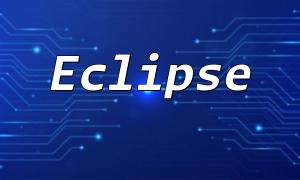PHP LBS map technology combines the PHP programming language with geographic information systems (GIS) to deliver location-based services. This technology is widely used in e-commerce, social networking, logistics management, and more, by collecting and processing user location data to provide personalized user experiences.
Building a PHP LBS system generally requires the following key components:
Map APIs: such as Google Maps, Bing Maps, which provide map rendering and location query functions.
Databases: to store user location data and related information, commonly MySQL or PostgreSQL.
Positioning Module: obtains real-time user location via GPS or IP-based positioning technologies.
First, register for an account on the relevant map service and apply for an API key, such as the Google Maps API key from their official website.
To simplify interactions with the map API, libraries like GuzzleHttp can be used to streamline HTTP requests and responses. Install it via Composer:
composer require guzzlehttp/guzzle
Using the API key to send a request to the map service, the following example demonstrates how to use Guzzle to request the Google Maps Geocoding API and retrieve location data:
use GuzzleHttp\Client;
$client = new Client();
$response = $client->request('GET', 'https://maps.googleapis.com/maps/api/geocode/json', [
'query' => [
'address' => '1600 Amphitheatre Parkway, Mountain View, CA',
'key' => 'YOUR_API_KEY'
]
]);
$data = json_decode($response->getBody());
print_r($data);PHP LBS technology plays an important role in many fields:
By tracking transportation vehicles in real time, companies can improve delivery efficiency and reduce logistics costs, which is especially important for courier services.
Businesses can push nearby promotions based on user location, enhancing the shopping experience and user engagement.
Users on social platforms can share real-time locations, find nearby friends and events, boosting interaction and social engagement.
Combining PHP with LBS map technology opens up rich application scenarios, from logistics management to social interaction, showing vast potential. Mastering this technology allows developers to create smarter, more user-centric innovative applications.









